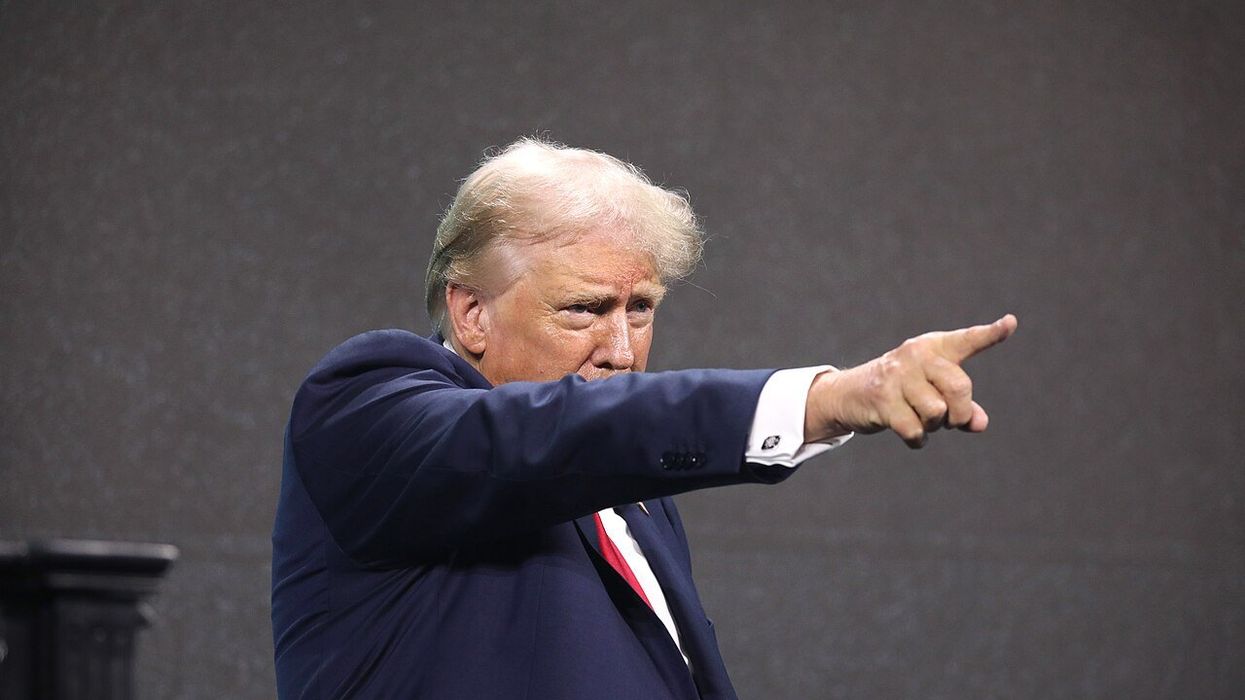Psychiatrist prescribes 'mental health' coping strategies for 2024 election

August 19, 2024 | 08:54AM ETElection 2024

The 2020 presidential election went down in history as one of the most bitter and divisive in U.S. history.
Between the civil unrest that following George Floyd's murder, the COVID-19 pandemic and Donald Trump's debunked election fraud claims, 2020 was intense. Now, four years later, the 2024 presidential election is also the source of widespread anxiety thanks to a variety of factors — including Project 2025, Trump's threat that he will be a "dictator on Day 1" if he returns to the White House, far-right Christian nationalism, the threat of domestic terrorism, and fears of more political violence.
In an op-ed published by the Washington Post on August 18, Dr. Gregory Scott Brown — a Houston-based psychiatrist and author — laments that many Americans are suffering anxiety and "mental health" issues because of the election.
READ MORE: 'Numbers are ominous': Johnson says GOP may lose House due to 'electrifying' Harris campaign
"The current campaign season and the upcoming elections are keeping many of my patients up at night," Brown explains. "They are worried about the future of our country and about their mental health. As a psychiatrist, I'm hearing the same question now as I did four years back: How do I get through the election without losing my mind?"
Brown continues, "With a few intentional steps, it's possible. You can build an election mental health tool kit and get your mind ready."
The psychiatrist/author goes on to lay out some coping strategies, which include: (1) "Create boundaries around news consumption," (2) "Get news from different sources," (3) "Have conversations with curiosity before judgment," and (4) "Active coping can help you prepare for election results."
"Creating boundaries around news consumption is important for your mental health," Brown advises. "To start, limit your television news consumption to one to two hours a day. Avoid watching election coverage 30 minutes before bed because screen time can hinder melatonin release and make it difficult to fall asleep."
READ MORE: Ex-Bush strategist: 'Optimism ahead' as new poll shows 'Trump lower today' than he was in 2020
Brown adds, "Since cable news often features pundits talking over each other to make their candidate's best argument, watching for too long may also increase your emotional stress. Instead of watching the news one day, try reading it in your favorite newspaper or online magazine, which may be less stressful."
READ MORE: Harris campaign announces largest single ad buy 'in the history of American politics'
Dr. Gregory Scott Brown's full op-ed for the Washington Post is available at this link (subscription required).